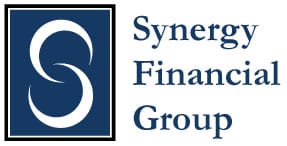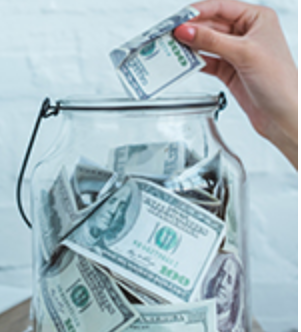Occasionally, you might find yourself in need of money due to unforeseen circumstances. That’s why it’s important to have money set aside to help pay for these unplanned costs and expenses.
You’ve probably heard the terms “emergency fund” and “rainy day fund,” both of which can help you offset the costs, but what are the differences between the two?
Create a rainy day fund to save for any unforeseen circumstances that will cost quite a bit of money. For instance, if you know you’ll need to pay for car repair or replace a household appliance, this is where a rainy day fund would come into play.
Although you can’t exactly pinpoint when you’ll need the money for a rainy day fund, you know you may need it at some point. Rainy day funds are also primarily meant for smaller expenses and typically are one-time or short-term costs.
There’s no set monetary amount as to how much you should set aside, but the more money you have in the fund, the better prepared you will be. Consider saving at least $1,000 for a rainy day fund.
An emergency fund is money that you set aside for financial emergencies. You would use this fund in case you lose your job, suffer a serious illness, or get injured and cannot work. You’re saving for a potential disaster and might need upward of several thousand dollars to pay bills.
It’s best to save enough money so you can last three to six months without a steady income. Calculate your income levels for the next few months and determine how much you would need to pay bills, food, and other expenses. Just like a rainy day fund, there’s no set limit to how much money you can have in an emergency fund.
Saving money isn’t always easy, but creating a rainy day or emergency fund can help you become disciplined. Start by putting away small amounts of money each month, and try to increase that amount over time. Doing so will give you peace of mind knowing you can cover the costs of expenses should something go wrong.
Sources: AARP.org, Stash.com, Financebuzz.com
We are ready to help you find the best possible mortgage solution for your situation. Contact Sheila Siegel at Synergy Financial Group today.







